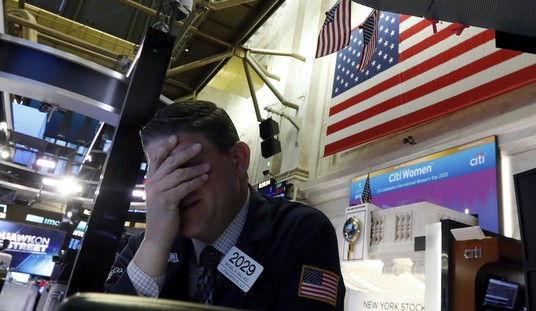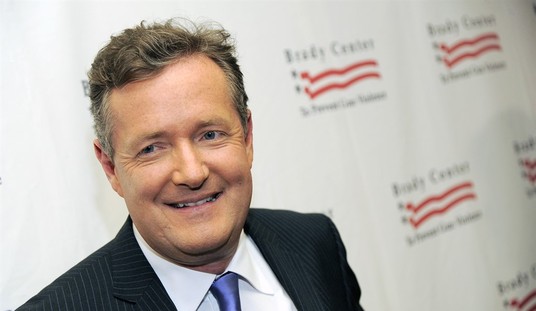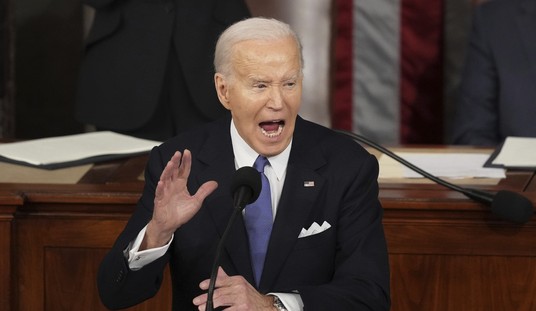Ronald Reagan’s birthday will be commemorated this week. He took office just a few weeks shy of his 70th birthday in 1981 making him the oldest man elected to serve as our Chief Executive and Commander-in-Chief, that is until he stood for re-election in 1984. In fact, one of the most well-known lines in Presidential debate history came in response to Reagan being questioned whether his age would be an important factor in his re-election campaign. Reagan, in his famous Irish wit, said, “I am not going to exploit for political purposes my opponent’s youth and inexperience,” which drew a roar of laughter from the crowd and even his opponent, Walter Mondale. Reagan won the election 49 states to 1. The irony is that it would take America’s oldest President to remind her what it means to be young again. The lessons he taught hold some key insights into not only renewing the American economy (showing strong signs of lethargy), but the American spirit.
A youthful spirit, which Reagan clearly possessed in great measure, has been described as “a quality of the imagination, a vigor of the emotions; it is the freshness of the deep springs of life" and manifests in a "temperamental predominance of courage over timidity of the appetite for adventure over the love of ease.” The former California Governor displayed this vitality when he made his announcement that he would seek the Presidency in 1980. He exhorted, “Someone once said that the difference between an American and any other kind of person is that an American lives in anticipation of the future because he knows it will be a great place.”
But, Reagan contrasted, “There are those in our land today, however, who would have us believe that the United States, like other great civilizations of the past, has reached the zenith of its power; that we are weak and fearful, reduced to bickering with each other and no longer possessed of the will to cope with our problems.” He continued, “They tell us we must learn to live with less, and teach our children that their lives will be less full and prosperous than ours have been; that the America of the coming years will be a place where – because of our past excesses – it will be impossible to dream and make those dreams come true. I don’t believe that. And, I don’t believe you do either. That is why I am seeking the presidency.”
Reagan handily defeated Jimmy Carter (44 states to 6) in 1980 and took up the challenge of re-invigorating a weary economy, once the envy of the world, now weighed down by over-taxation and over-regulation. The economic climate Reagan inherited was every bit as bad as Barack Obama’s. Unemployment peaked at 10.8 percent versus 10 percent in the recent recession. Further there were the pressures of double-digit inflation (13.5 percent) and interest rates (21.5 percent prime), so the quantitative easing seen throughout the Obama Administration, with the Federal Reserve financing trillions of dollars in deficit spending with money printed out of thin air, was not an option. Instead, the Fed had to do just the opposite and shrink the money supply in order to knock down inflation.
Recommended
The two men fundamentally disagreed over the role the federal government should play on the stage of American life. President Obama announced in his First Inaugural Address, “The question is not whether government is too big or too small, but whether it works, ” Reagan said, “In this present crisis, government is not the solution to our problem, government is the problem…. It is no coincidence that our present troubles parallel and are proportionate to the intervention and intrusion in our lives that result from unnecessary and excessive growth of government.” He reminded America, “We are a nation that has a government—not the other way around.” In short, Reagan wanted to reduce the role of the federal government, so the roles played by the American people could increase. He knew their combined creativity and industry trumped the collective wisdom of a few “elite” Washington bureaucrats trying to tax, spend and borrow us into prosperity.
The results speak for themselves. The Reagan economy brought about the greatest economic expansion in American history. It created 18 million new jobs (with a population of 85 million less than today.) In his re-election year of 1984 alone over 4 million new jobs were created, which was the amount added during Obama’s entire first term. The unemployment rate dropped in half to 5 percent; unemployment ticked back up again last month to 7.9 percent, and if the labor participation rate were the same as when Obama took office, it would be 10.8 percent. The Reagan economy grew an entire third larger with GDP growth hitting 7.2 percent in his re-election year versus 2 percent for Obama in 2012, (-0.1 percent for the last quarter). Additionally, revenues to the federal treasury nearly doubled during the 1980s. Under Obama, revenues still have not reached the 2008 level.
For Reagan, it was all just "common sense." When you tax something more, you get less of it. Following his cutting of taxes and burdensome regulations, “the economy bloomed” like a pruned plant that could now grow “quicker and stronger.” When he left office in January of 1989, he could report with the deep satisfaction that the American dream was restored and the story of the greatest nation in the history of the world would continue. “My friends: We did it. We weren't just marking time. We made a difference. We made the city stronger, we made the city freer, and we left her in good hands. All in all, not bad, not bad at all.” Reagan believed that America could be young again, and that faith was so deep and abiding in political truth, he convinced her too.

























Join the conversation as a VIP Member